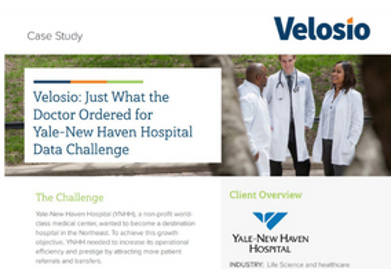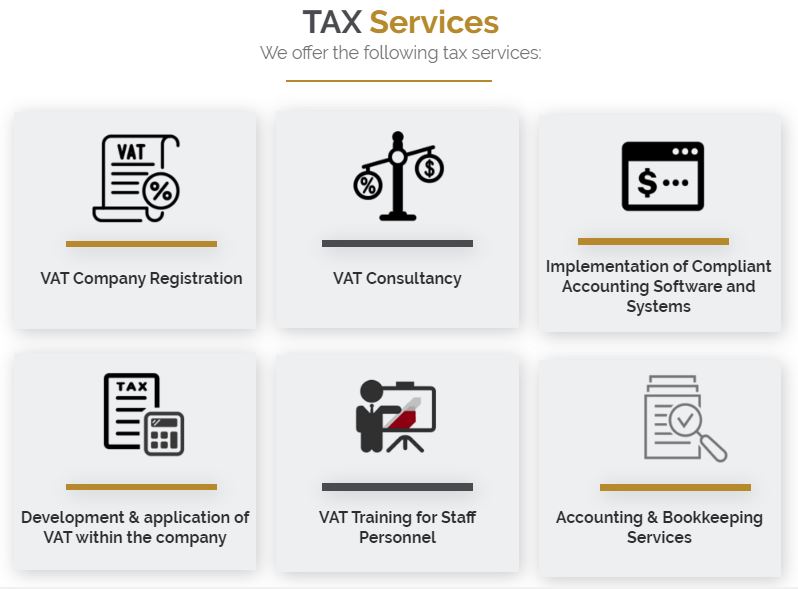
The biggest question in choosing an entity to conduct business is which one is better: an LLC or an S Corp? Which is better for you? The two most common business structures are both tax-efficient. In addition to that, you'll also want to think about the issue of Pass-through taxation and double taxation. Both these subjects will be addressed in this article. You will ultimately make the decision, but it is important to consider both the benefits and drawbacks of each entity before making your final decision.
llc vs s corp vs s corp vs s corp vs s corp vs s corp vs s corp vs s corp v
There are many important differences between an LLC (or S Corp), and this article only touches the surface. No matter what your business structure is, it is important to keep it organized for the success of your company's future. Barrett McNagny is available to provide information on the differences and advantages of each entity. It is a good idea to review your business's needs, including its legal structure, before deciding which to choose.

An LLC and an S Corp are two different types of entities that you should know if your business is being started. While an LLC provides personal liability protection, operating as an S corp can bring tax benefits. However, Scorps must adhere to additional regulations and restrictions when managing their business. An LLC is the best option if your business employs more than two people. An S Corp will also have limited liability, but a large amount of legal and tax benefits.
Taxation is another important difference between an LLC, and an S corp. An LLC is taxed the same way as a sole proprietorship or partnership, except that it can pay employment taxes. S corporations also allow owners to receive reasonable salaries. An LLC cannot turn a profit without employees. As a result, it can be more expensive to run an LLC than an S corporation.
Pass-through vs. double taxation
S corporations and LLCs are often compared when it comes to taxes. The differences in tax rates between LLCs and S corporations are not significant. A structure can determine whether an LLC is eligible to be taxed under the S or C corporations classifications. A pass-through entity is an entity that pays income taxes on profits. An LLC can have more than one owner. The greatest benefit to this structure, however, is that business owners can deduct business income from their personal taxes and claim business revenue.

Another benefit of an LLC is its flexibility. S Corporations can enjoy the same legal protections of a C Corporation. However, LLC owners can opt to be taxed in the same way as C corporations. The LLC owner can enjoy pass-through taxation and save money by not having to pay self-employment taxes. You have the option to choose between an S-Corporation (or a C-Corporation) depending on your financial circumstances.
FAQ
What is the average price you should charge for a consulting job?
It depends on what you are offering. It doesn't matter if you offer services at no cost. If you sell products or services, however, you must set prices based upon value.
If you offer low-quality services then you don’t have anything for sale. You are not worth anything, so why should anyone pay you anything.
You might be able ask for a more expensive price if your services are of high quality. People recognize the value in you offering. Clients who purchase multiple packages may be eligible for discounts.
What are the different types of jobs available for consultants?
Being a consultant will require you to have a solid understanding of business strategy as well as operations. Understanding the business world and how it fits into society is essential.
A career as a consultant requires you have great communication skills and a strong ability to think critically.
Because consultants may be required to perform different tasks at different times, they must be flexible. They should be able change direction quickly, if required.
They should be prepared to travel extensively in support of their clients. This kind of work can take them around the world.
They must also be able handle stress and pressure well. Consultants might sometimes have to meet tight deadlines.
Consultants may work long hours. This can mean you might not always receive overtime compensation.
How do I become successful as a consultant?
The first step is to find an area you are passionate about. Building relationships is the next step. It is crucial to learn about your clients and understand their needs. The final step is to provide results.
While you don’t have to be the greatest at everything, you have to be better than everyone else. You also need to have a passion for what you do. It doesn't suffice just to say "I'm going be a Consultant." You have to believe in yourself, and in what you are doing.
Statistics
- Over 62% of consultants were dissatisfied with their former jobs before starting their consulting business. (consultingsuccess.com)
- WHY choose me: Why your ideal client should choose you (ex: 10 years of experience and 6-week program has helped over 20 clients boost their sales by an average of 33% in 6 months). (consultingsuccess.com)
- According to IBISWorld, revenues in the consulting industry will exceed $261 billion in 2020. (nerdwallet.com)
- Over 50% of consultants get their first consulting client through a referral from their network. (consultingsuccess.com)
- My 10 years of experience and 6-step program have helped over 20 clients boost their sales by an average of 33% in 6 months. (consultingsuccess.com)
External Links
How To
What Does A Typical Day For A Consultant Look Like?
Your work type will determine the length of your day. However, the majority of your day will consist of research and planning, meeting clients and preparing reports.
You will often have meetings where you discuss issues and problems with clients. These meetings can be held over the telephone, online or face-to face.
Sometimes, you may be asked to create proposals. These are documents that outline your ideas and plans for clients. You'll need to discuss your proposals with a mentor, colleague, or friend before you present them.
After all the preparation, you'll need to start creating content. This could include writing articles, designing websites or editing photos.
Depending on your project's scope, it may be necessary to do research to get relevant statistics. This could include finding out how many customers your company has and whether they purchase more than one product.
Once you have all the information needed, it is time for clients to see your findings. You may give your findings orally or in written form.
You must also follow up with clients following the initial consultation. For example, you might call them periodically to see how things are going or send emails asking them to confirm that they received your proposal.
This process takes time, but it's important to ensure that you stay focused and maintain good relationships with clients.